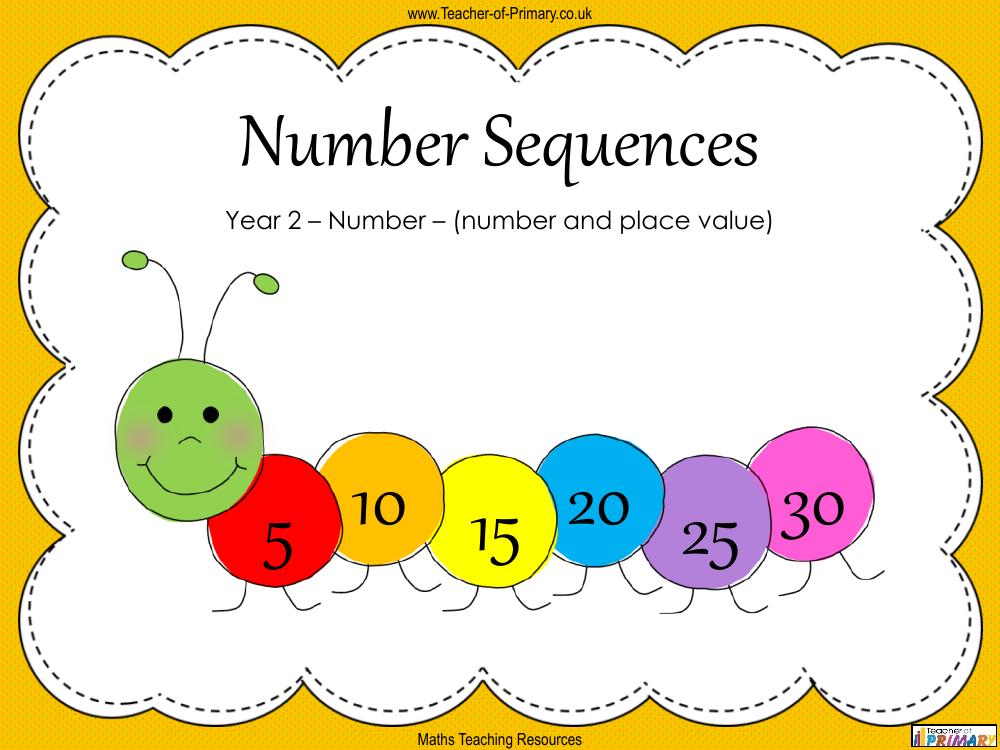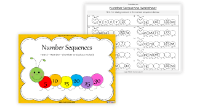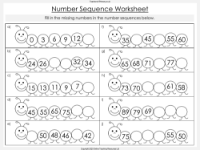Number Sequences - PowerPoint

Maths Resource Description
In a series of engaging Maths teaching resources aimed at Year 2 pupils, the concept of number sequences is introduced and explored. Number sequences are lists of numbers that follow a specific pattern, and the ability to recognise these patterns is a key skill in number and place value. For example, a simple sequence such as 5, 10, 15, 20, 25, 30 demonstrates a pattern where each number increases by 5. In the teaching materials, students are encouraged to practise identifying the pattern within a sequence and then continue it accordingly. This foundational concept is essential for developing mathematical fluency and understanding more complex numerical relationships.
The resources provide clear examples of both ascending and descending number sequences. When a sequence is ascending, students learn to determine the difference between consecutive numbers and add this difference to find the next number. For instance, in the sequence 2, 4, 6, 8, each number increases by 2, so adding 2 to the last number (10) gives the next number (12). Conversely, for descending sequences, the process involves finding the difference and subtracting it from the previous number. This is exemplified by the sequence 10, 8, 6, 4, where each number decreases by 2, leading to the next number being 2. The resources provide worksheets with various sequences for students to practise, reinforcing their skills in spotting patterns and predicting subsequent numbers in a sequence.


